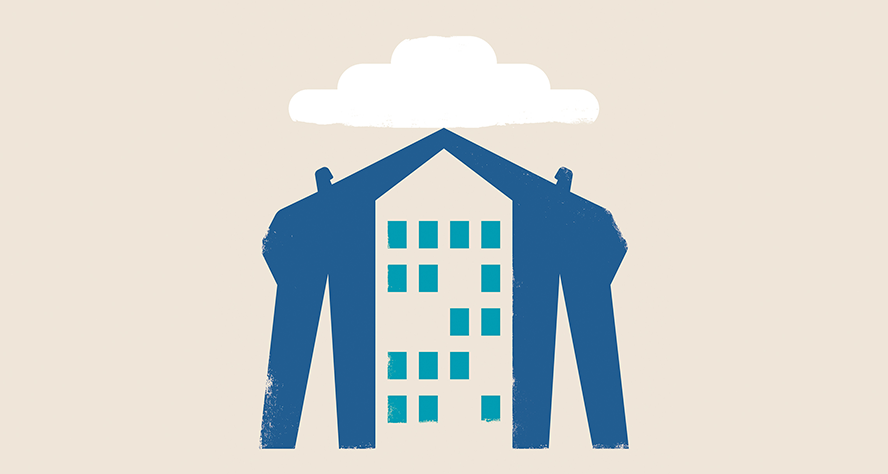The real estate industry is engaging more widely with communities impacted by development. This cultural shift is underway at Grosvenor, where Andy Doyle, innovation director, Grosvenor Property UK, has been working to embed employee-led innovation. “It is about a culture of curiosity across the whole business, questioning, evolving and pursuing new thinking as the industry rapidly transforms,” says Doyle. “Our staff know us best, they know all our pain points and the challenges of daily life faced by those we support – retailers, residents, office workers, visitors. They can help us decipher the problems and find better ways to work with our customers, partners and stakeholders.”
This decentralisation of problem-solving has led to a change to staff appraisals. “It is important not to regret something we try out,” says Doyle. “We trial things at low costs and are not afraid of it failing because that helps us improve next time. That is a massive change for people.”
Embracing energy efficiency
This philosophy has prompted Grosvenor Group into new ventures. “For example, we are working with Demand Logic to obtain greater insight into the energy consumption of our buildings and to provide actionable insights that allow us to change how those buildings operate and ensure they are as energy efficient as possible.”
The 340-year-old Grosvenor Group is also working on ways to channel renewable energy from solar farms to its London Estate tenants and exploring opportunities in early-stage businesses that directly benefit the portfolio and help accelerate attainment of its business goals.
“We can’t achieve our environmental goals on our own; we need others to get there and help us change things for the better,” says Doyle.
Nurturing diverse teams
Diversity and inclusion is also baked into the founding principles of Carbon13, established to help build start-ups that address the climate emergency. Nurturing diverse teams is fundamental to its mission to create 200 ventures that will have the combined capacity to reduce carbon emissions by 400 million tonnes – or 1% of global emissions.
Climate change is a wide-ranging problem. So we need to include everyone in the task, otherwise we only come up with partial solutions
The brainchild of CEO Liv Andersson, BioZeroc uses biotechnology to create carbon-neutral construction materials. It’s one of many female-led businesses being supported by Carbon13.
The venture builder is also working with innovators who are tackling food waste, clean energy, green supply chains and urban street safety. And, as well as gender, Carbon 13 is striving for a more inclusive approach to other under-represented groups.
“The design flaw in many of the solutions being proposed around the challenges we face, not just in cities but globally, is that we are not talking to everyone,” says Dr Nicky Dee, co-founder and chief sustainability and innovation officer at Carbon13. “Climate change is a wide-ranging problem, so we need to include everyone in that task,” she says. “Otherwise, we only come up with partial solutions.”



